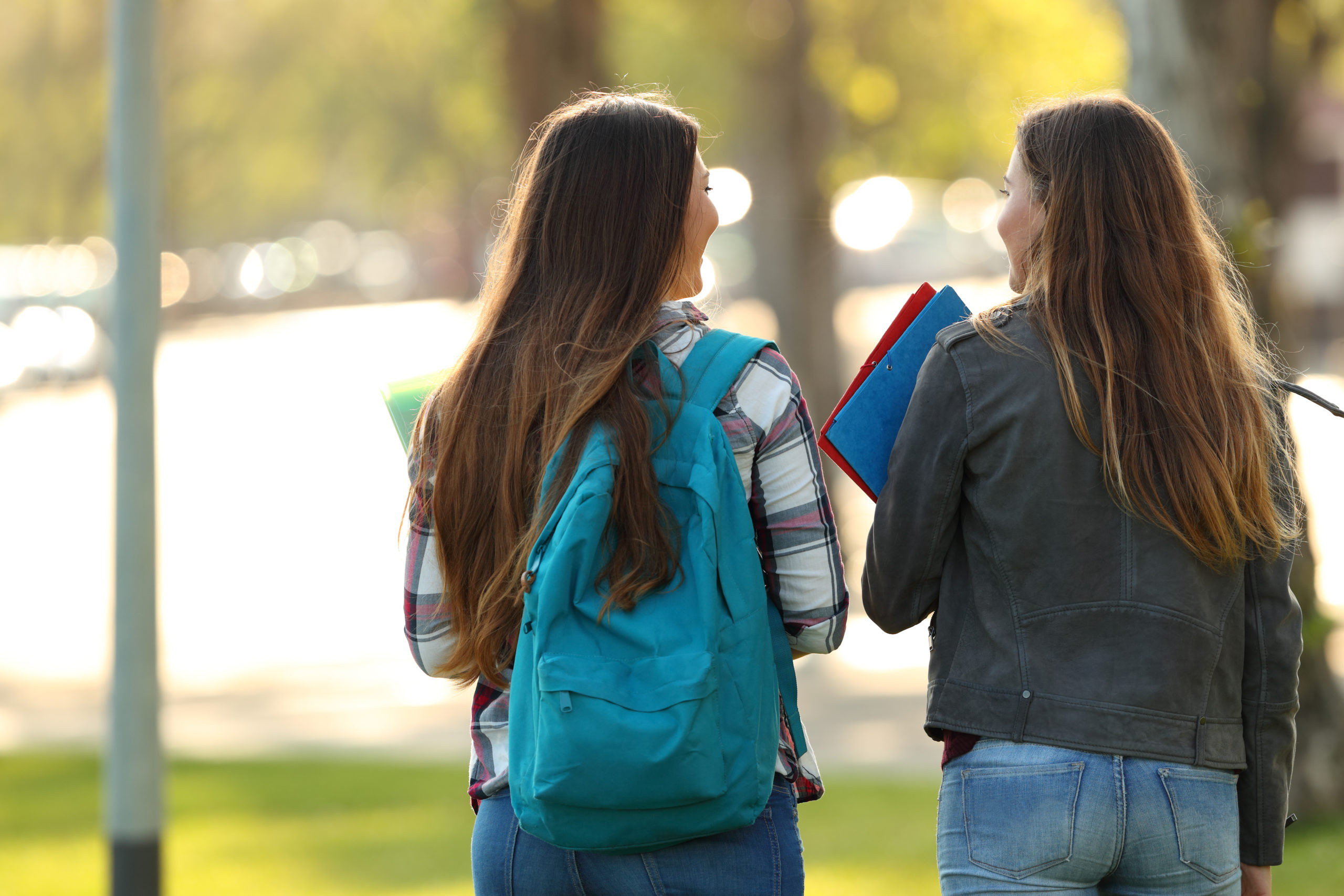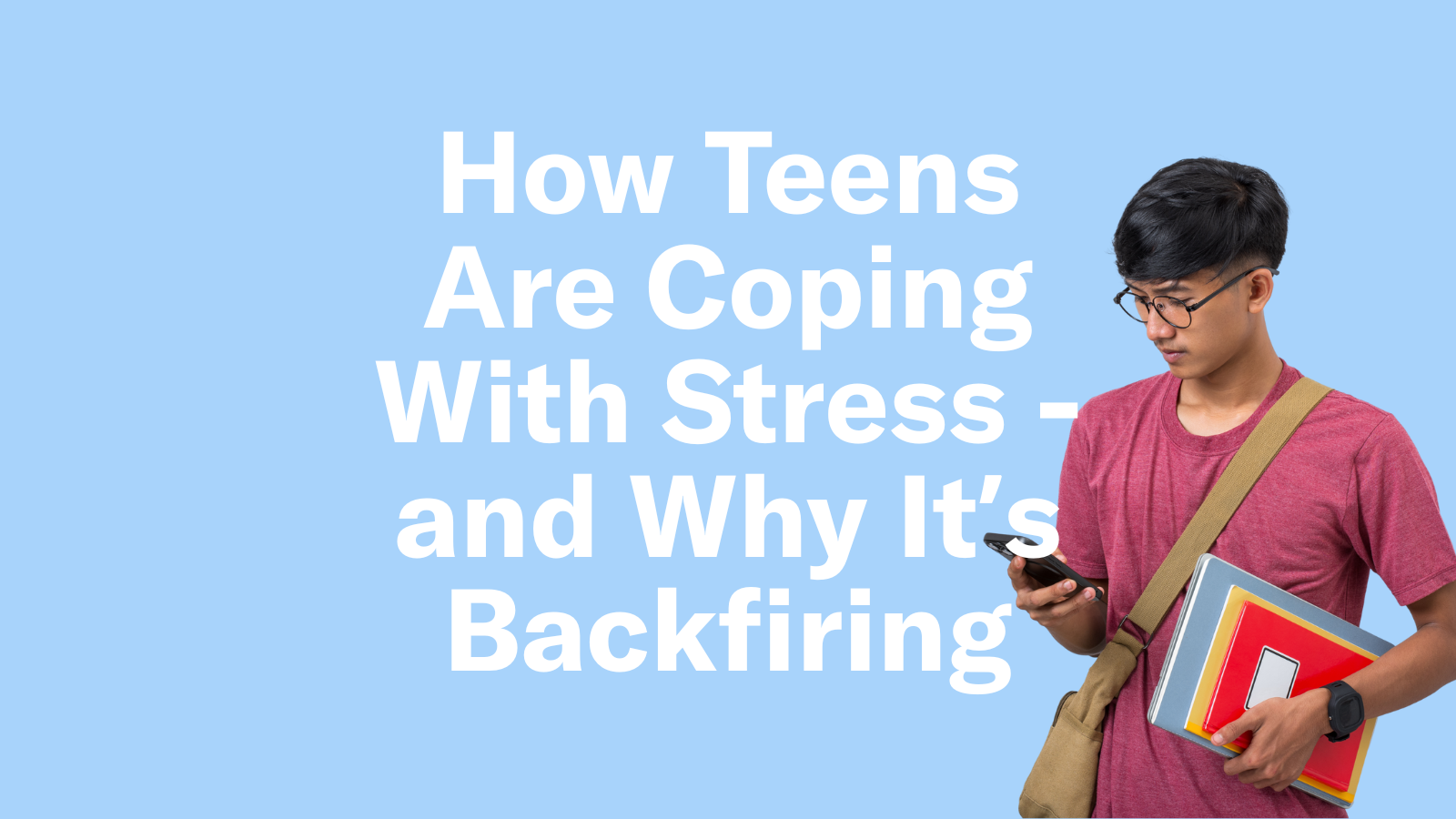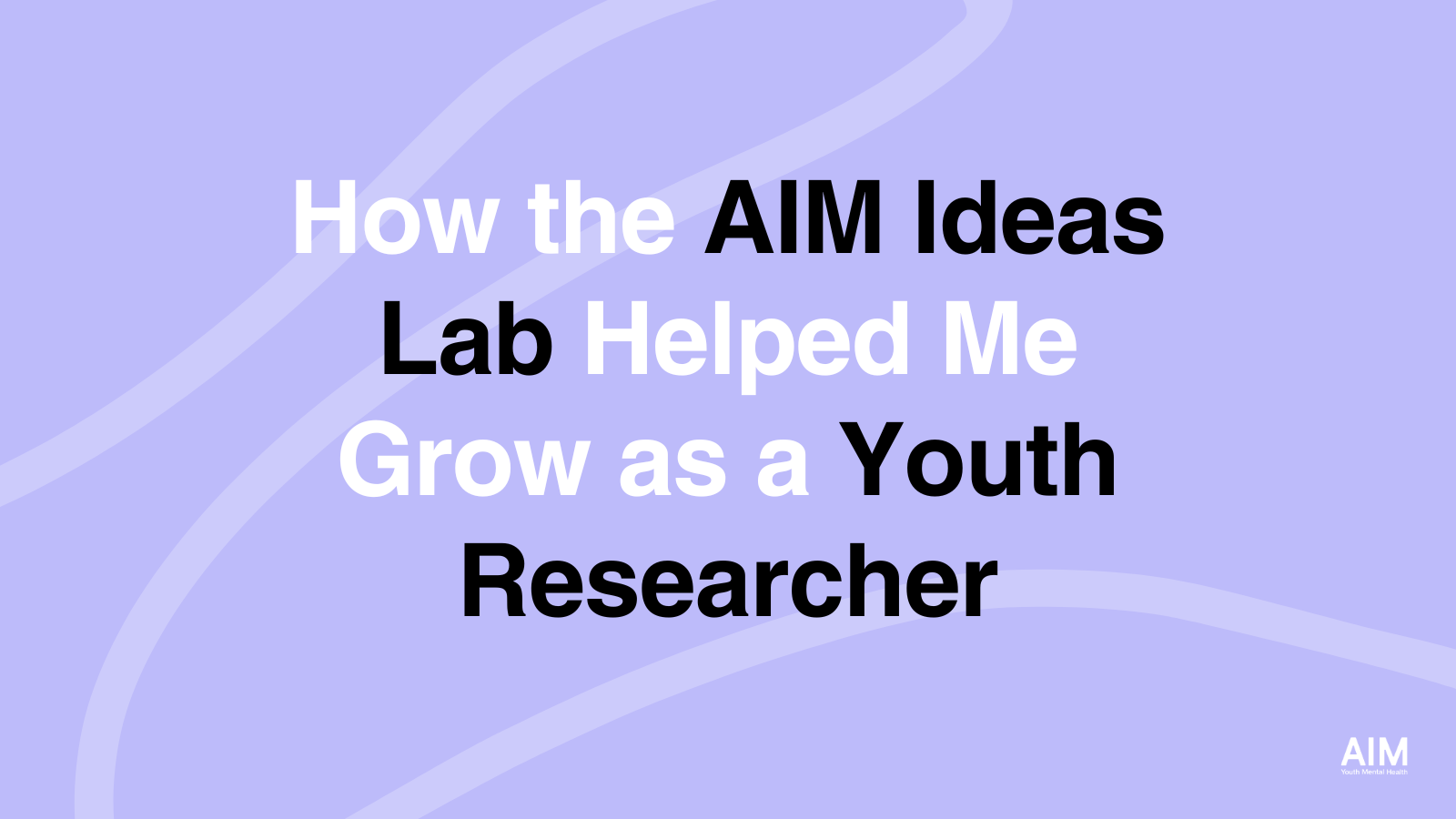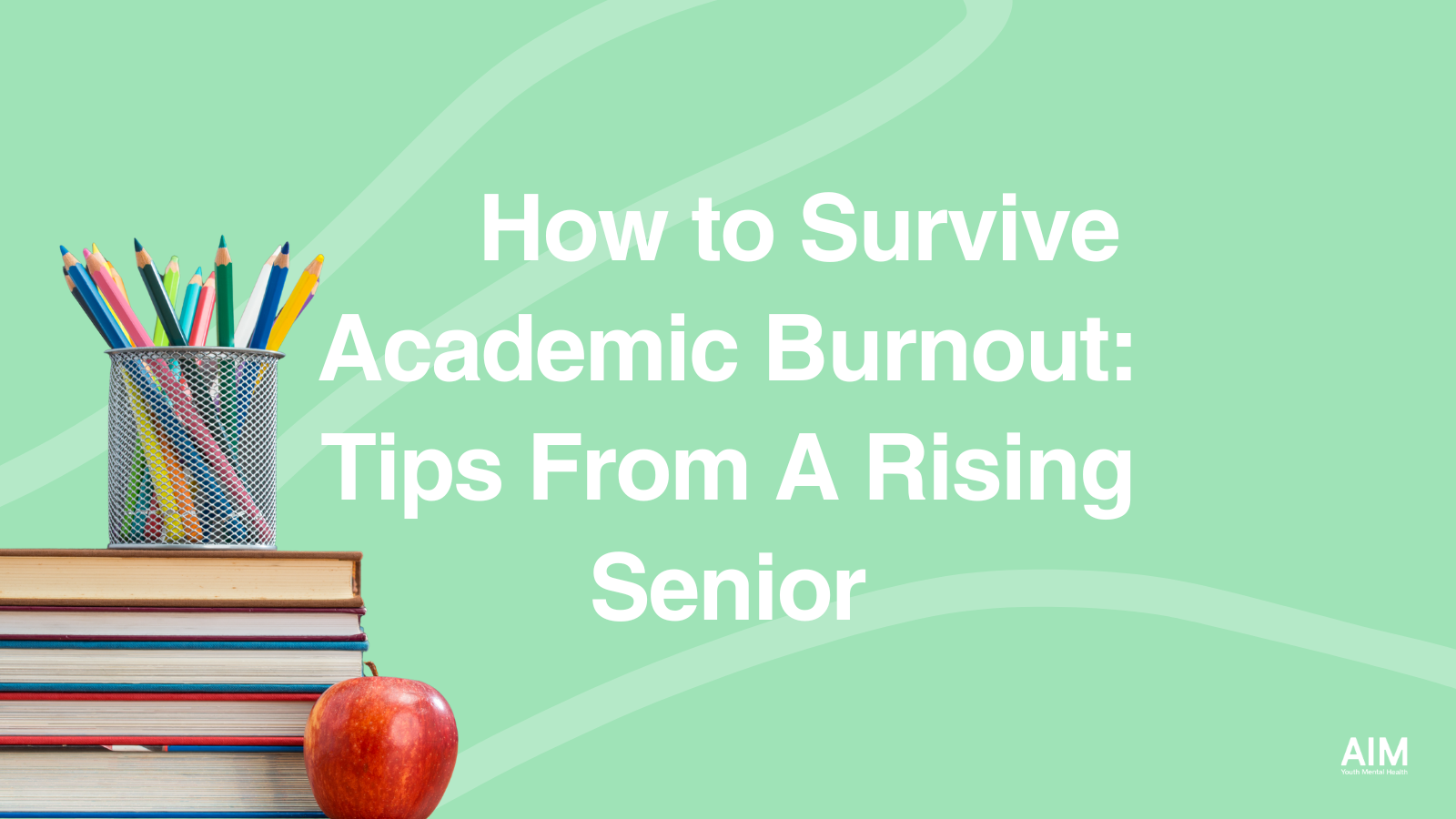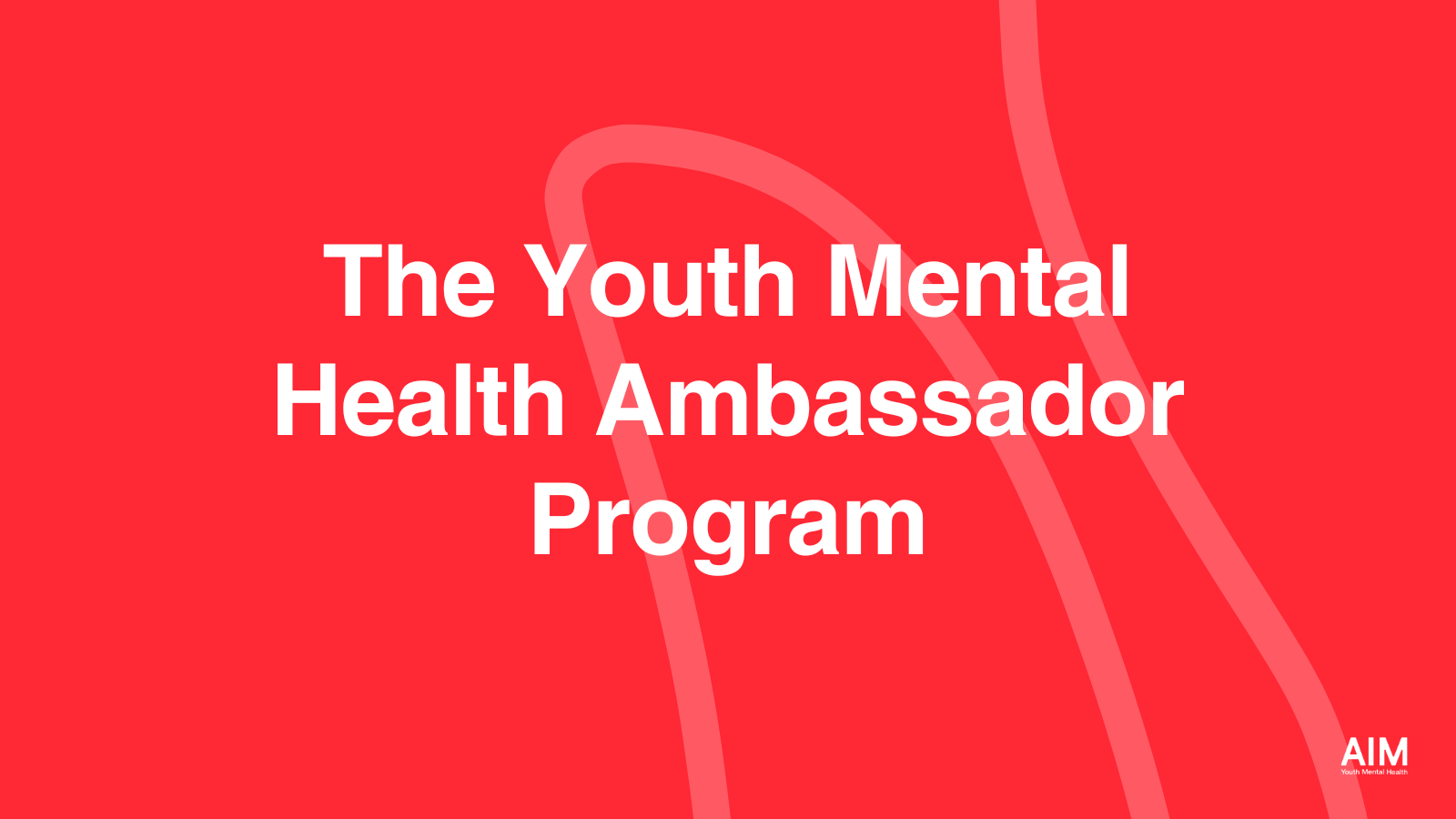Youth have special insights into how adults can help them whether the emotional toll of adolescence in general and the COVID19 pandemic in particular.
By Katherine Ellison
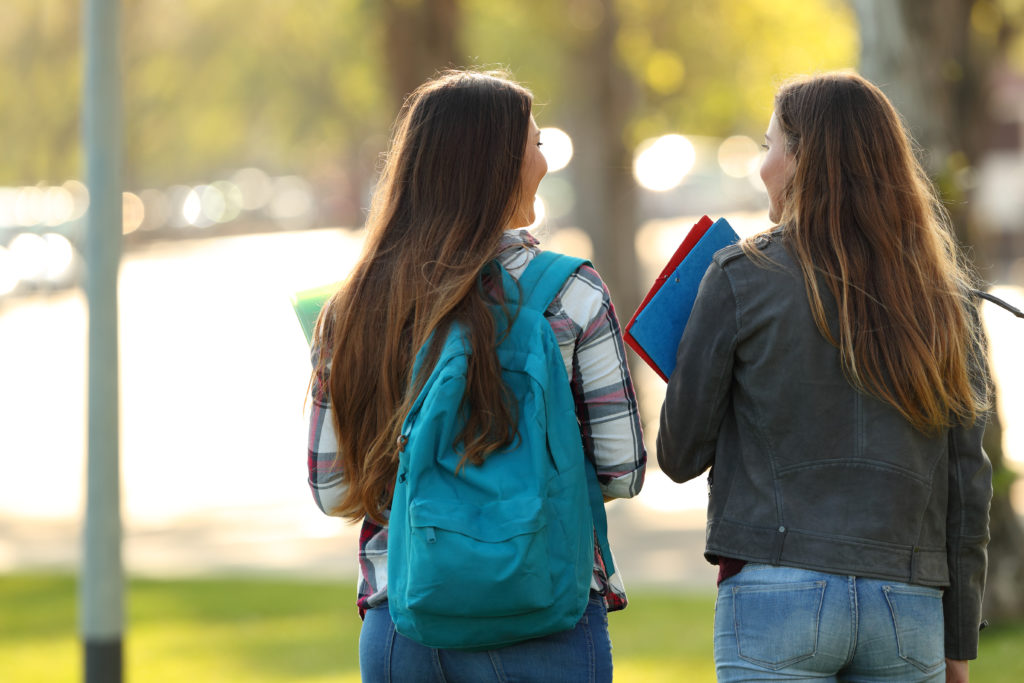
Roxy Bennet, a senior at Monterey County High School, says she has a great relationship with her parents. But that doesn’t mean she’d tell them everything.
Take depression or anxiety.
“Those aren’t subjects you want to bring up with your parents,” she says. “I just don’t think it’s relatable. It’s so much easier to tell a friend if you’re having trouble.”
Bennet suspected her friends felt the same even before she asked them, as part of the new AIM Ideas Lab: a youth-led survey of local mental health. She was nonetheless impressed to hear how strongly they and others agreed. More than seven in 10 students revealed they would confide in a friend about emotional challenges, whereas only four in 10 would feel comfortable talking to a parent, according to an initial analysis of responses.
The finding supports a tenet of the Ideas Lab: that youth have special insights into how adults can help them, whether the emotional toll of adolescence in general and the COVID19 pandemic in particular.
Confronting the crisis
It’s no secret that young people all over the country have been having a hard time in recent years. From 2004 to 2019 – right up to the start of the pandemic — rates of adolescent depression nearly doubled. The suicide rate for those ages 10 to 24 rose by more than 57 percent from 2007 to 2018 – from nearly 7 to 11 per 100,000.
Then, by many accounts, mental illness spiked during the stress and isolation brought by COVID. Bennet says she personally has remained in good spirits yet has noticed the toll all around her, as students have returned to real-life school this winter.
“I’ve seen a lot more vaping of nicotine in the restrooms,” she says. “That’s so sad to see, because when you’re spending all your money on that, you know you’ve got an emotional problem.”
AIM put out the call for Ideas Lab participants in January. So far, 91 students, including Roxy, have registered to be trained and reach out to their peers, to complete a total of about 650 anonymous, 10-minute surveys, conducted by texting and email. Most of the students come from 16 schools in Monterey, although about 30 others at Irvington High School in Fremont also happened to hear about the project and lobbied to participate.
Students will present their findings on April 29, at AIM’s 2022 Scientific Symposium in Carmel. Participants may earn up to 15 hours of community service, depending on their level of involvement.
“This is about letting youth drive the change,” says AIM CEO Lori Butterworth. “We’re moving as fast as we can to help, and we know we need their ideas.”
Unfortunately, and to no one’s surprise, initial results of the surveys have confirmed what has been obvious: kids are struggling.
The survey questions are designed to be cautious. There are no direct queries about how friends themselves are feeling, since the survey-takers wouldn’t have resources to help someone in a crisis. Still, more than 60 percent of respondents in grades 9 through 12 have said that friends have told them that they’re suffering from anxiety or depression. More than 50 percent of juniors said friends have confided in them about thoughts of ending their lives.
By almost every measure, juniors are having the worst time, the surveys show. “It’s just a particularly hard year,” says Bennett. “Maybe it’s that there’s more work to do; your lives are getting closer to the end of high school and getting closer to having more responsibility, and you’re starting to feel more independent from your parents ….”
The path to peer-led progress
The model for the Ideas Lab project is “youth-led participatory action research (YPAR),” in which young people identify major concerns in their communities, conduct research to understand them, and then influence policies to address them. In recent years, youth have studied issues including chemical exposure in the Salinas Valley and gender discrimination in dress codes in San Francisco.
As with past YPAR projects, the information-gathering in Monterey County is just a first step. AIM is offering monthly Mental Health First Aid courses to residents of Monterey and Santa Cruz counties. Students aged 18 and older can now enroll in the program, designed by the National Council on Mental Wellbeing, while Butterworth says that a specially designed curriculum for younger teens will soon be available.
In designing the surveys, AIM has been working with Stanford University’s Department of Psychiatry and Behavioral Sciences’ allcove initiative. The Stanford researchers are developing an unprecedented network of youth mental health centers designed with, by, and for youth, in hopes of reducing stigma and providing access to more effective services. The allcove program will use the research conducted by AIM Ideas Lab participants as a preliminary assessment to determine the feasibility of establishing an allcove location in Monterey County.
Bennet says she’s looking forward to taking the mental-health first-aid training and supporting whatever initiatives come next.
“This process is already giving us a voice that we didn’t have before,” she says.
AIM Ideas Lab Data:



___________________________________
About The Author:
Katherine Ellison is a Pulitzer Prize winning journalist and the best-selling author. Some of her books include Buzz: A Year of Paying Attention, The Mommy Brain, AHDH: What Everyone Needs to Know, Loving Learning, and more.[/vc_column_text][/vc_column][/vc_row]
